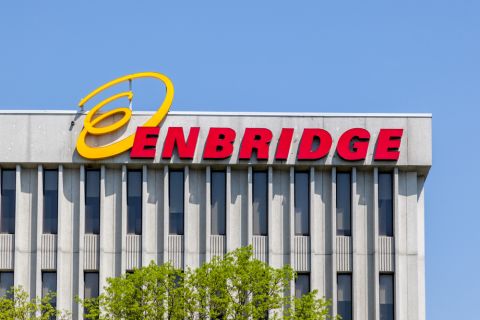Announced U.S. merger, acquisition and divestiture transactions in the first half of 2000 totaled $31.5 billion in 192 deals. If this pace continues, 2000 activity would be second only to the 1998 peak of $82.1 billion in transaction volumes, according to Randall & Dewey. Independents played a big role in the second quarter after being rather quiet in the first. For the half, they accounted for 37% of the buyer activity and 36% of seller activity. Integrated companies accounted for 33% of the buy side and 44% of the sell side. Overall, the second quarter was somewhat less active than the first, with $11.6 billion in transactions compared with $19.9 billion. However, asset transactions played a much bigger role than stock transactions, which dominated the first quarter. "In the first quarter, stock transactions accounted for 91% of market activity," reports Houston-based MA&D specialists Randall & Dewey in its "Acquisitions Review." "In the second quarter, asset transactions accounted for 54% of the dollar volume, up from 9% the previous quarter." The increase in asset transactions in the second quarter may have helped cause a drop in reserve values. The calculated reserve values for the first quarter averaged $4.82 per barrel of oil equivalent, but when the second quarter figures are included, the average for the first half falls to $4.40. "The decline in second-quarter reserve values may in part be explained by the increase in asset transactions during the quarter," the firm reports. "Strategic acquisitions for shares typically include a premium to gain control and may also reflect a premium in the transaction currency. "Additionally, many of the assets coming to market earlier in the year have included longer-life, higher-operating-cost or lower-margin properties now benefiting from higher commodity prices. These longer-lived properties traditionally trade at lower per-barrel-equivalent values. "It appears that many sellers have waited until the second half of the year to bring better quality properties to market in an attempt to reap the full benefit of sharply higher commodity prices." According to "Quarterly Reserve Report" by Cornerstone Ventures LP, reserve transaction activity during the second quarter was fairly slow, with only 43 deals closing. That's nearly identical to the first quarter's revised figure of 45 closed deals, but down nearly 25% from second-quarter 1999's total of 57 deals. "Once again, companies with healthy balance sheets, combined with record revenues from high commodity prices, are taking advantage of the current environment by acquiring entire companies or properties of companies that do not have the capital available to develop their properties," Cornerstone, a Houston-based MA&D firm, reports. The weighted average domestic reserve value of second-quarter deals rose to $4.90 per barrel of oil equivalent versus $3.87 during the first quarter, Cornerstone says. Median values fell slightly in the second quarter to $4.50 from the first quarter's revised value of $4.61. The second-quarter median value was derived from the 22 deals in which both transaction values and reserve quantities were disclosed. Of the 37 second-quarter transactions in which a dollar value was reported, 25 were below $25 million, four were $25- to $50 million, and one was $50- to $100 million. Seven were more than $100 million, including four major corporate deals: BP and Atlantic Richfield Co.; Phillips Petroleum Co. and Arco's Alaskan assets; Occidental Petroleum Corp. and Altura Energy; and Unocal Corp. Permian Basin assets and Titan Exploration Inc. -Jodi Wetuski
Recommended Reading
Enbridge Advances Expansion of Permian’s Gray Oak Pipeline
2024-02-13 - In its fourth-quarter earnings call, Enbridge also said the Mainline pipeline system tolling agreement is awaiting regulatory approval from a Canadian regulatory agency.
Canadian Natural Resources Boosting Production in Oil Sands
2024-03-04 - Canadian Natural Resources will increase its quarterly dividend following record production volumes in the quarter.
BP Pursues ‘25-by-‘25’ Target to Amp Up LNG Production
2024-02-15 - BP wants to boost its LNG portfolio to 25 mtpa by 2025 under a plan dubbed “25-by-25,” upping its portfolio by 9% compared to 2023, CEO Murray Auchincloss said during the company’s webcast with analysts.
CorEnergy Infrastructure to Reorganize in Pre-packaged Bankruptcy
2024-02-26 - CorEnergy, coming off a January sale of its MoGas and Omega pipeline and gathering systems, filed for bankruptcy protect after reaching an agreement with most of its debtors.
Kissler: OPEC+ Likely to Buoy Crude Prices—At Least Somewhat
2024-03-18 - By keeping its voluntary production cuts, OPEC+ is sending a clear signal that oil prices need to be sustainable for both producers and consumers.





